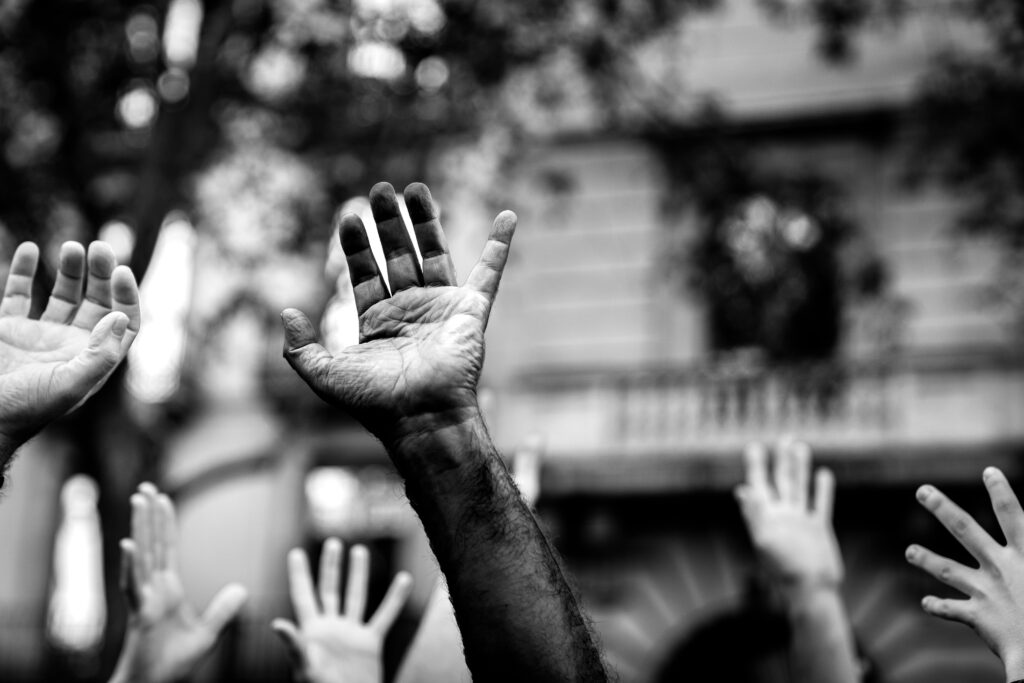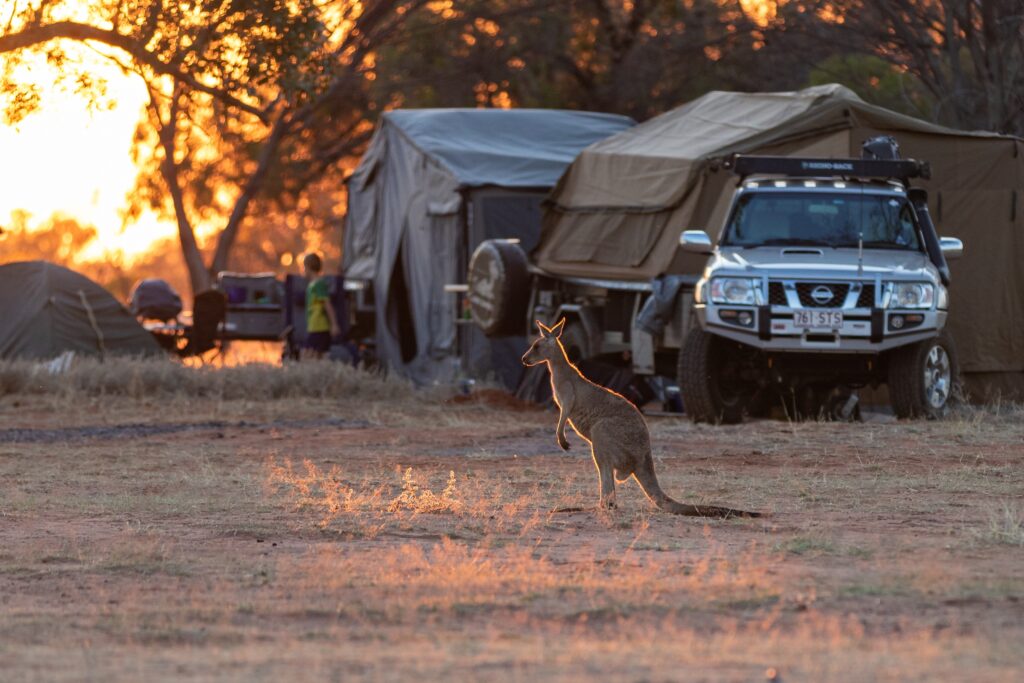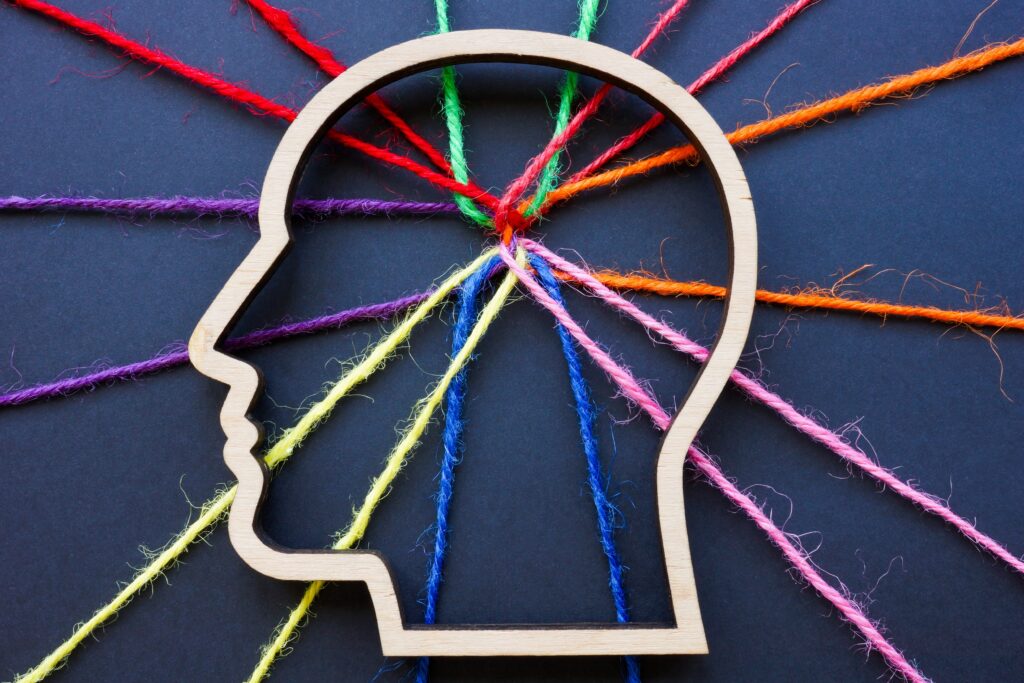The recent escalation in the Israel-Palestine conflict has brought global attention to deep-rooted issues of discrimination and inequality. In its wake, incidents of Islamophobia and antisemitism have unfortunately increased, affecting communities around the world, including in Australia.
The Islamophobia Register Australia has revealed that reports of Islamophobic incidents to the Register have increased ten-fold since 7 October. In some of these incidents, direct references were made to the current Israel-Palestine situation. Similarly, Julie Nathan, Research Director at the Executive Council of Australian Jewry, said the organisation has seen an “alarming spike” in antisemitic hate crimes since that same date.
We want you to know that in Australia, it is against the law to be discriminated against based on your ethnicity, language, skin colour or any other aspect of your race, and that there is support available if you, or someone you know, experiences any kind of racism or discrimination. It’s important that everyone is comfortable in their environment and feels safe to seek help when necessary.
We have put together a range of support services you can utilise if you ever find yourself in this position, or need someone to speak to.
What is racism?
The Australian Human Rights Commission has helped explain race discrimination, or racism, with the following:
“Racism is the process by which systems and policies, actions and attitudes create inequitable opportunities and outcomes for people based on race. Racism is more than just prejudice in thought or action. It occurs when this prejudice – whether individual or institutional – is accompanied by the power to discriminate against, oppress or limit the rights of others.
Race and racism have been central to the organisation of Australian society since European colonisation began in 1788. As the First Peoples of Australia, Aboriginal and Torres Strait Islander peoples have borne the brunt of European colonisation and have a unique experience of racism. The process of colonisation, and the beliefs that underpin it, continue to shape Australian society today.
Racism adapts and changes over time, and can impact different communities in different ways, with racism towards different groups intensifying in different historical moments. An example of this is the spike in racism towards Asian and Asian-Australian people during the COVID-19 pandemic.
Racism includes all the laws, policies, ideologies and barriers that prevent people from experiencing justice, dignity, and equity because of their racial identity. It can come in the form of harassment, abuse or humiliation, violence or intimidating behaviour. However, racism also exists in systems and institutions that operate in ways that lead to inequity and injustice.”
Check out this eye-opening video from their Racism. It Stops With Me campaign.
Report it!
If you experience violence, abuse or other criminal behaviour, immediately contact emergency services by calling Triple Zero (000).
Otherwise, you can call 131 444 for police assistance outside of an emergency situation.
After any instance of racism that you have experienced, report it to the Australian Human Rights Commission online or call 1300 656 419 for more information.
State-specific contacts include:
- Australian Capital Territory – ACT Human Rights Commission (Call 02 6205 2222)
- New South Wales – Anti-Discrimination NSW (Call Phone: 1800 670 812)
- Northern Territory – Northern Territory Anti-Discrimination Commission (Call: 1800 813 846)
- Queensland – Anti-Discrimination Commission Queensland (Call: 1300 130 670)
- South Australia – The Office of the Commissioner for Equal Opportunity (Call: 08 7322 7070 or 1800 188 163)
- Tasmania – Office of the Anti-Discrimination Commissioner (Call: 03 6165 7515)
- Victoria – The Victorian Equal Opportunity and Human Rights Commission (Call: 1300 292 153)
- Western Australia – Equal Opportunity Commission Western Australia (Call: 08 9216 3900)
If you have a legal issue, you can also seek legal support in your state. Visit the Community Legal Centres Australia website to find a community legal service near you, or check out the Inner Melbourne Community Legal Resource for more information on being treated unfairly.
Reporting the incident may be uncomfortable, but it is important to start building an official record of what has happened.
If you’re at work, school or university
Your workplace and education provider will likely have policies in place for dealing with racial discrimination or harassment, so you should approach a senior member of staff or the relevant contact you have been supplied with to make a report.
You can then also report the incident to your state-based anti-discrimination commission (listed above) or the Australian Human Rights Commission, if you want to do so.
If you’re on public transport
You’re encouraged to report racist incidents to the body in charge of that specific space. So, if you have experienced something on public transport, contact the public transport authority for your city.
Then, contact your state-based anti-discrimination commission (listed above) or the Australian Human Rights Commission to report the incident.
If you’re online
Most social media platforms will have methods in place to report, block or delete racist content.
You can also report online racism to the Australian Human Rights Commission and to the Office of the eSafety Commissioner.
I want to speak to someone
If you require mental health support following a racist incident, there are a range of free services available to you that allow you to speak to a counsellor and seek advice.
- Lifeline (13 11 14)
- Beyond Blue (1300 22 4636)
- Kids Helpline (1800 55 1800)
- Headspace
- ReachOut
Read more: Mental Health Support in Australia: Signs to Look Out For and Where to Go for Help
What if I want to help others?
As global citizens, it’s important that we are all aware of discrimination and inequality in the world. One of the best things you can do to help is as simple as staying aware and educated; make sure you stay up-to-date with unbiased news media on current issues, and from there you will be able to decide how and where you can share your support.





